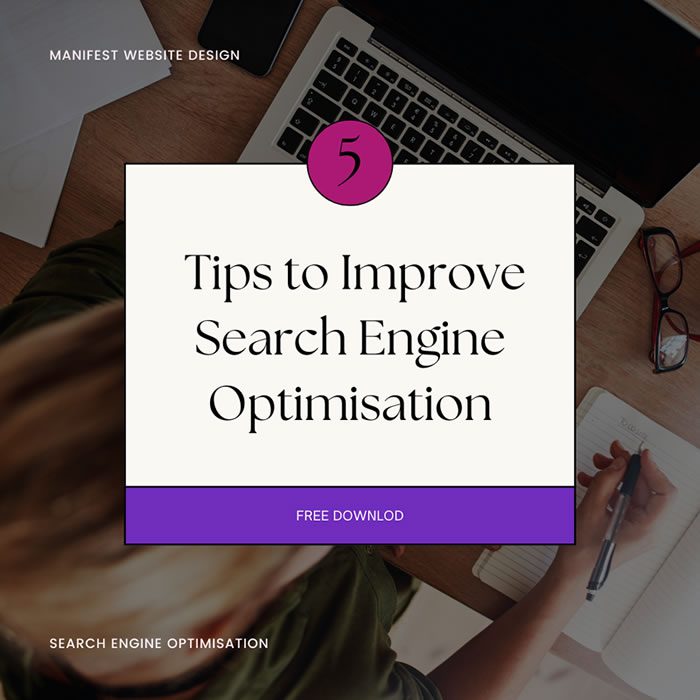Send Marketing Emails Without Consent: Is It Legal?

Email marketing is a powerful tool for businesses to reach people. But it brings up a big question: Can you send marketing emails without consent? Many think they can shoot off emails to anyone, but the rules are strict.
In Australia, email marketing regulations make sure that companies respect privacy. This blog talks about what’s legal and what’s not in sending newsletters and campaigns. We’ll cover how to do email campaigns right, avoiding annoying subscribers or breaking laws.
Keep reading to learn how to stay on the right side of the law with your emails.
Key Takeaways
- In Australia, the Spam Act 2003 says you must have permission to send marketing emails. Breaking this law can lead to fines up to $2.1 million a day.
- The Privacy Act 1988 requires businesses to protect personal information and explain how they will use someone’s email. They must let people unsubscribe easily.
- Consent is key in email marketing. There are two types: express and inferred. Keeping records of consent helps avoid legal issues.
- Not following these laws can damage your business’s reputation, making it hard to attract or keep customers.
- Manifest Website Design and other companies show that respecting email marketing laws improves trust and success online.
Understanding Email Marketing Laws in Australia
Understanding Email Marketing Laws in Australia is crucial for businesses. The Spam Act 2003 lays out specific requirements, and the Privacy Act 1988 also has implications on email marketing.
The Spam Act 2003 Requirements
The Spam Act 2003 says you can’t send marketing emails without getting permission first. This means legal email marketing needs a yes from people before they get newsletters or offers.
If you want to send someone an email blast, make sure they said it’s okay. This law helps stop annoying newsletters that people did not subscribe to.
This act also tells businesses how to handle emails right. Every marketing email should let people easily say no more emails. Plus, your business must clearly tell who is sending the message in every email requirement.
Breaking these rules could lead to big troubles, like fines or a bad name for your business.
Privacy Act 1988 Implications
Moving from the Spam Act 2003, we see another important law in Australia: the Privacy Act 1988. This act makes sure businesses handle personal information properly. For email marketing, this means if you collect emails, you need to tell people how you will use their info.
You must also let them choose not to get your emails anymore.
The act also asks companies to keep the details they gather safe. So, when sending out email blasts or creating legal email campaign ideas, think about how you protect people’s privacy.
For example, Manifest Website Design always puts safety first in its projects like Shopify site development and automated marketing campaigns. They’ve helped many clients like Sydney Rowing Club make their websites safe for visitors by improving branding and navigation without risking private data.
Consent in Email Marketing
In email marketing, consent is essential for compliance. It’s crucial to understand the difference between express and inferred consent and the significance of maintaining consent records.
Express Consent vs Inferred Consent
Express consent means someone clearly agrees to receive emails from you. This could be by filling out a form or ticking a box online that says “I consent to receive emails.” For example, customers at Sydney Rowing Club might give express consent when they sign up for newsletters about upcoming events.
On the other hand, inferred consent comes into play when there’s an existing business relationship. If someone buys something from Southern Highlands Home Brew, it suggests they’re okay with getting emails related to their purchase.
Keeping records of who has given permission is key in email marketing laws. Services like website creation or SEO strategies often require sending updates via email blasts. Therefore, explaining why customers are receiving these communications can help avoid annoying newsletters subscriptions complaints.
Assurance Training and Sales and Blade Runner Tools have found success by making sure clients know exactly what type of emails they will get, proving clear communication builds trust and complies with legal requirements.
Importance of Maintaining Consent Records
Keeping records of who says yes to emails is vital. If someone agrees to get your marketing messages, having that in writing stops trouble later. Think of it like a list you check before sending out newsletters.
This way, you make sure no one gets annoyed by emails they didn’t ask for. It’s also handy if there are questions about whether someone gave permission.
Having up-to-date consent records shows you follow the rules about email blasts and respects people’s choices. It can stop big fines and keep your business’s good name safe. Plus, when customers see you take their privacy seriously, they trust you more.
Always updating this list keeps everyone happy and your company on the right side of the law regarding email requirements.
Legal Consequences of Non-Compliance
Non-compliance with email marketing laws in Australia can result in significant penalties and fines. It may also damage the reputation of your business.
Penalties and Fines
Breaking email blast laws can lead to big fines. In Australia, the Spam Act 2003 sets these rules very clearly. If you send marketing emails without permission, your business could be hit with penalties up to $2.1 million a day for breaking these laws.
This makes it crucial for businesses to make sure they have consent before sending out any marketing emails.
Getting fined can also harm your business’s name. Many companies value their reputation highly because a good name helps attract and keep customers. For example, Manifest Website Design knows the importance of reputation as it offers services like SEO work and website efficiency improvements that helped clients such as Tim McGrath from Hens Treasure Hunt and Marta Szabo achieve better Google rankings and satisfaction with their websites respectively.
These successes show how much a good or bad reputation can impact a business, including those affected by email law violations.
Impact on Business Reputation
Sending marketing emails without permission can hurt a business’s image. People may see the brand as untrustworthy or annoying. This view could spread quickly, especially on social media.
Once trust is lost, getting it back is very hard. Customers value their privacy and choice. If they feel forced to subscribe to newsletters, they might avoid the company.
Also, ignoring email marketing laws shows a lack of respect for customer rights. This can make other businesses wary of partnering or associating with such a company. A poor reputation affects sales and partnerships long term.
It becomes harder to promote services like SEO improvement or content creation effectively if the public image is damaged.
Conclusion
Email marketing laws in Australia are clear and strict: consent is required before sending marketing emails. Both express and inferred consent are acceptable, but it’s essential to maintain proper records. Non-compliance can result in hefty fines and damage to your business’s reputation.
Adhering to these laws not only keeps you out of trouble but also sets the foundation for online success.
Explore our Email Marketing Service for expert guidance. Visit us at 471 Argyle Street, Moss Vale, NSW 2577, or contact Jillian at +61 482 074 040 or via email at jill@manifestwebsitedesign.com.au.
Frequently Asked Questions
1. Is it legal to send marketing emails without getting consent first?
In most cases, sending marketing emails without prior permission is against the law. It’s important to understand the laws regarding email marketing before starting your campaign.
2. What could happen if I send annoying newsletters or emails without consent?
Sending unsolicited emails can lead to penalties under various regulations. Recipients might also see these as annoying and choose not to subscribe or engage with your brand.
3. How should I word my request for a customer's consent to receive emails?
When asking for permission, you could use wording like “I consent to receive emails”. This makes it clear what they’re agreeing to and helps ensure you’re following the rules.
4. Are there any exceptions where I can send marketing emails without getting explicit permission?
While there may be some exceptions, it’s generally best practice and legally required in many places, including Australia,not to send promotional messages unless you have received explicit permission from the recipient.
JILLIAN BRANDON
About the Author
Jillian has over 30 years of experience in technology, programming, and digital marketing. Her work with the stock exchange in Australia, as well as other large corporations, has given her invaluable business expertise.
At Manifest Website Design, she helps goal-driven entrepreneurs build their business, regardless of size and industry, using the power of the internet. She’ll walk alongside you every step of the way, making sure that your website is running smoothly, and most importantly, generating leads. Connect with her on LinkedIn.



